logging off. touching grass. going outside.
Touching grass.
All culture is urban culture, and all culture is internet culture.
I don’t say this as a hater of cows or nature paths, lakes, or mountains.
I also enjoy “logging off” and enjoying some bucolic scenery. But this isn’t a new, internet-era desire. Psalm 23:2: “He maketh me to lie down in green pastures.” If people used to live in a nature-filled utopia, wouldn’t their backyards already be green pastures? Why would they write longingly or yearn for such things?
Urban Hell
The history of smelting goes back to 5500 BC in Serbia. Not the Middle East, Serbia. For hundreds of years Christian archaeologists were hell-bent on proving that the earliest forms of human civilization must have originated between Israel and Mount Ararat in Turkey, and so most archaeology focused on this area. This created a dogmatic bias which persisted long after people stopped believing in Young Earth Creationism.
In the last 20 years, however, evidence has demonstrated earlier forms of writing from Transylvania, and earlier metallurgy from Serbia. The location of both technologies is within 300km of the Danube River, which connects eastern and western Europe to the Black Sea.
My hypothesis is that metallurgy and writing was invented even earlier than this on the coast of the Euxine Lake. This area was then flooded with salt water in 5600 BC, which resulted in the deaths of hundreds of thousands of people. The survivors fled in all directions, but found it easiest to re-settle along the Danube. Unfortunately, copper corrodes in salt water, so it is unlikely that these earlier artifacts will ever be recovered, since they have been underwater for 7,600 years.
The earliest civilization began not in Sumer, Egypt, Israel, or the fertile crescent, but the Balkans.
Tolkien’s Great Coincidence
If you project a map of Tolkien’s Middle Earth onto Europe, a few things stand out. First of all Spain, doesn’t exist, which is problematic. On the other hand, Britain is much larger and connected to Europe by a land bridge, which is historically accurate for the time period until 5000 BC. This “mega Britain” is referred to as Doggerland.
We can dismiss this correspondence between Middle Earth and Doggerland as mere coincidence, or accidental poetry. But one of the most remarkable things, coincidental or not, is that Tolkien imagined that Mordor was located in the Balkans, adjacent to the Sea of Núrnen. The language of Mordor, the Black Tongue, was based on Turkic or Hurrian. Not quite the Balkans, but in the right direction, from an Anglocentric perspective.
Tolkien writes that the Sea of Núrnen is fed by four major rivers. He never names these, but this is an obvious reference to the four largest rivers in Europe: Danube (2,860 km), Dnieper (2,290 km), Don (1,950 km), Dniester (1,352 km).1 Next to the Sea of Núrnen is the Sea of Rhûn, which corresponds fairly well to the Caspian Sea.
Maybe the Doggerland thing is a coincidence, but there aren’t that many inland seas in Middle Earth. Tolkien describes an inland sea with four great rivers feeding into it, and it just happens to map neatly onto the western coast of the Black Sea, and that just happens to be the site of the earliest forms of metallurgy and writing.
Whether or not Tolkien had prophetic visions from the past, or whether he found the Balkans in his study of ancient Germanic mythology, I think the vision of Mordor is quite appropriate for early civilization.
Early civilization was a lot like Mordor. It was smelly, toxic, primitive, superstitious, dogmatic, and unhealthy. “Houses” didn’t exist. People lived communally in interconnected huts, like cells in a beehive.
Another form of housing was the infamous “longhouse.” No one lived alone. No one had peace, quiet, or their own space. Sewage was a problem. Until 100 years ago, people still kept “chamber pots” in their houses. Where did the sewage go? On the street.
Modern sewage treatment is a miracle, which urbanites did not have for the last 8,000 years. But none of this is “natural.” People are meant to live as migratory hunter-gatherers, not as city dwellers.
When you think of the evils of the internet, just think of it as a regression to the mean of historical urbanism. Your feed is full of sewage, and that is a return to tradition.
“touch grass.”
Grass is unnatural. If you leave nature alone, grass ceases to exist. The only places where grasslands exist naturally are the steppe.
The steppe is exceedingly flat and boring. It’s not interesting. It has little biodiversity.
“Touch grass” is a metaphor for “escape the internet and return to reality.” But grass isn’t reality. “Nature parks” aren’t reality — they are an artificial construct.
Real nature is when wolves and bears and lions attack you in the night. Nature doesn’t have trails or a parking area, so you can zoom back and forth from your air-conditioned house. When you see animals in the zoo, they aren’t natural, and neither is grass.
You aren’t “logging off” the internet to enter the “real world,” but rather, you are exiting one artificial environment to enter into another artificial environment.
There’s a slight of hand going on, where “grass” is equated with “nature,” and then “nature” with “peace,” as opposed to the hustle-and-bustle of city life, or the insane overload of the internet. But if the internet is a lustful bloody jungle, filled with porn, hatred, and violence, then it has much more in common with the natural world than any other facet of human life.
The internet isn’t unnatural — it is too natural. Grass, the park, the zoo, these are luxuries.
Technically the Volga, Ural, Pechora, and Kama rivers are bigger, but they are not traditionally considered "European" in cultural terms, and they don’t flow in or out of the Black Sea.


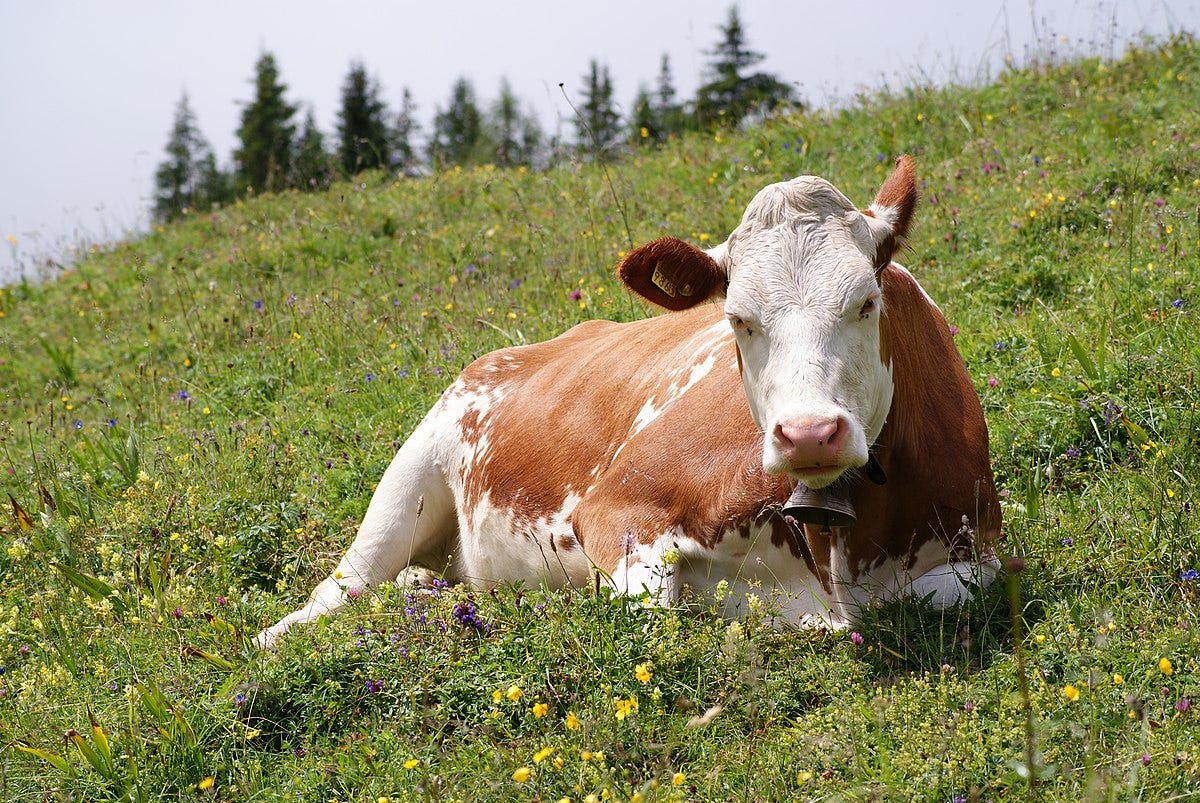
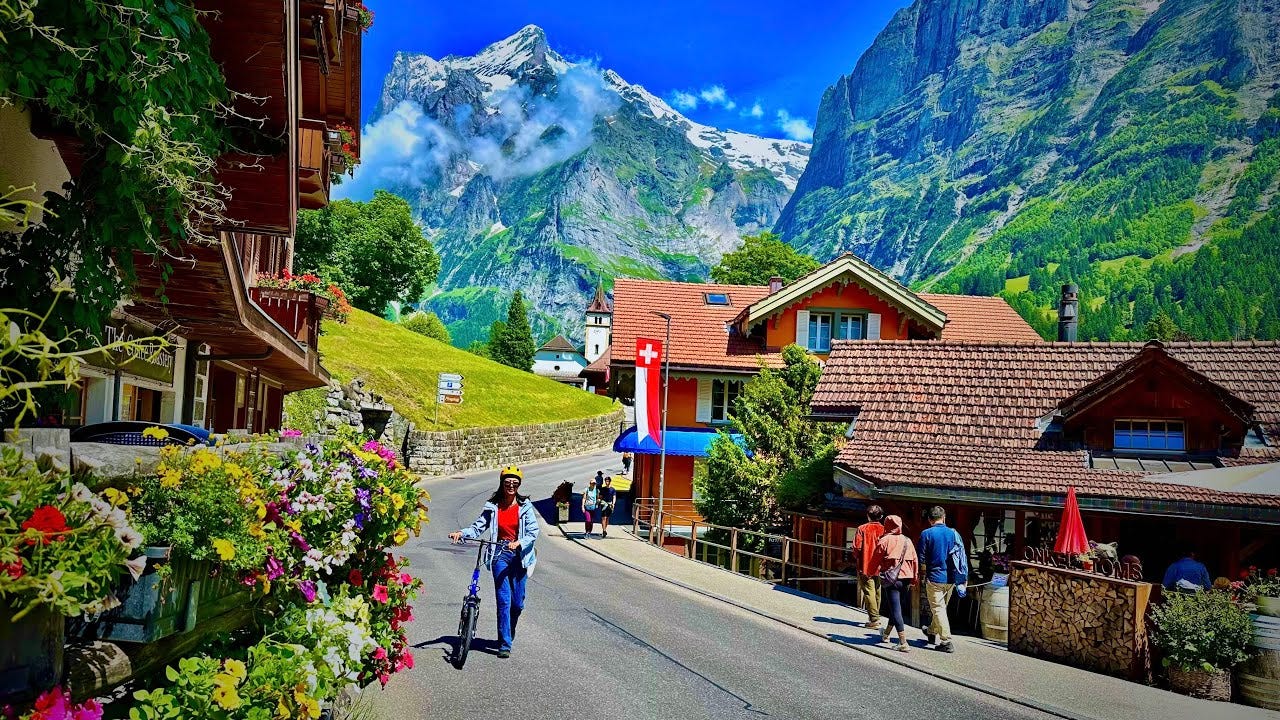

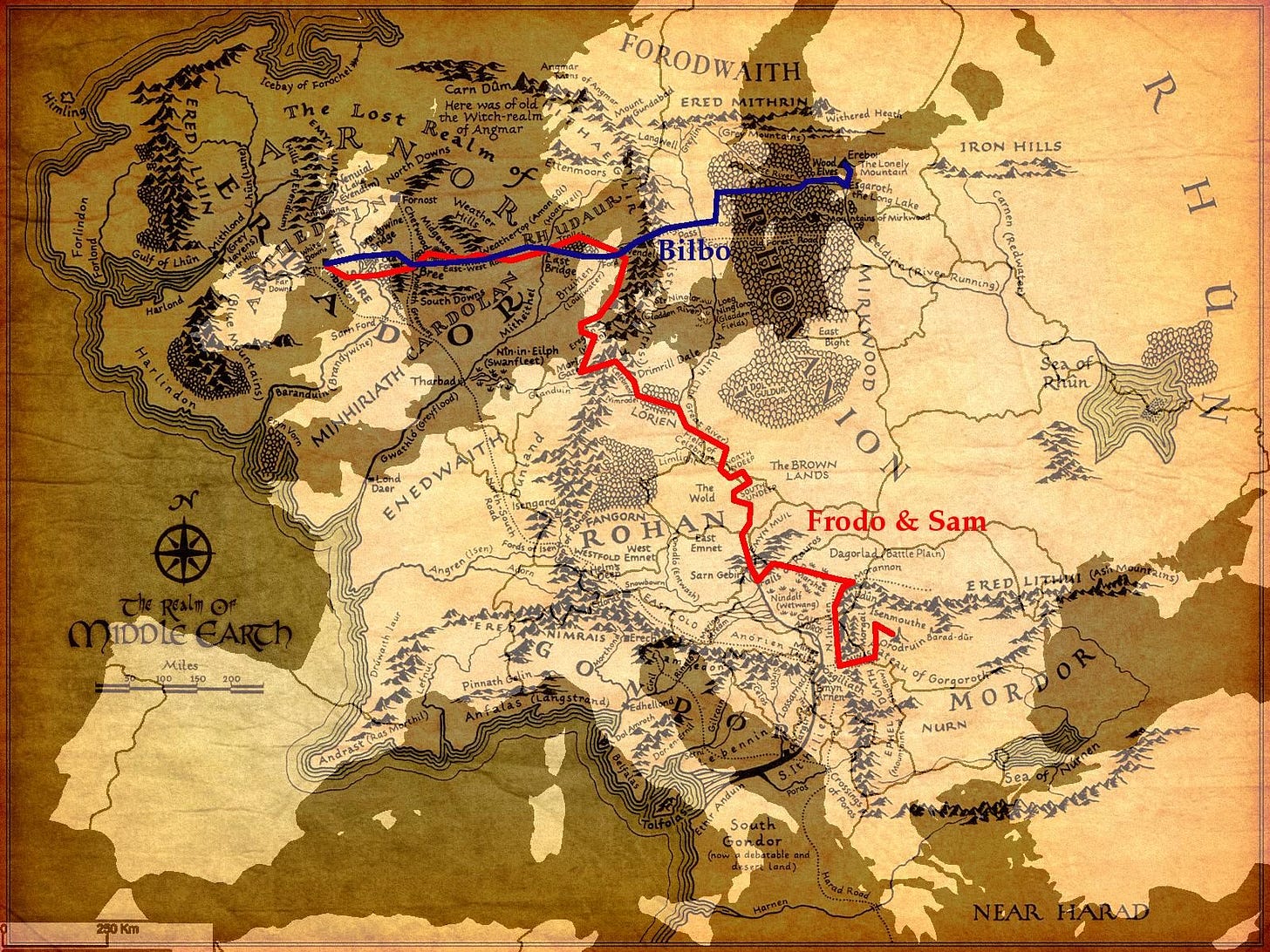

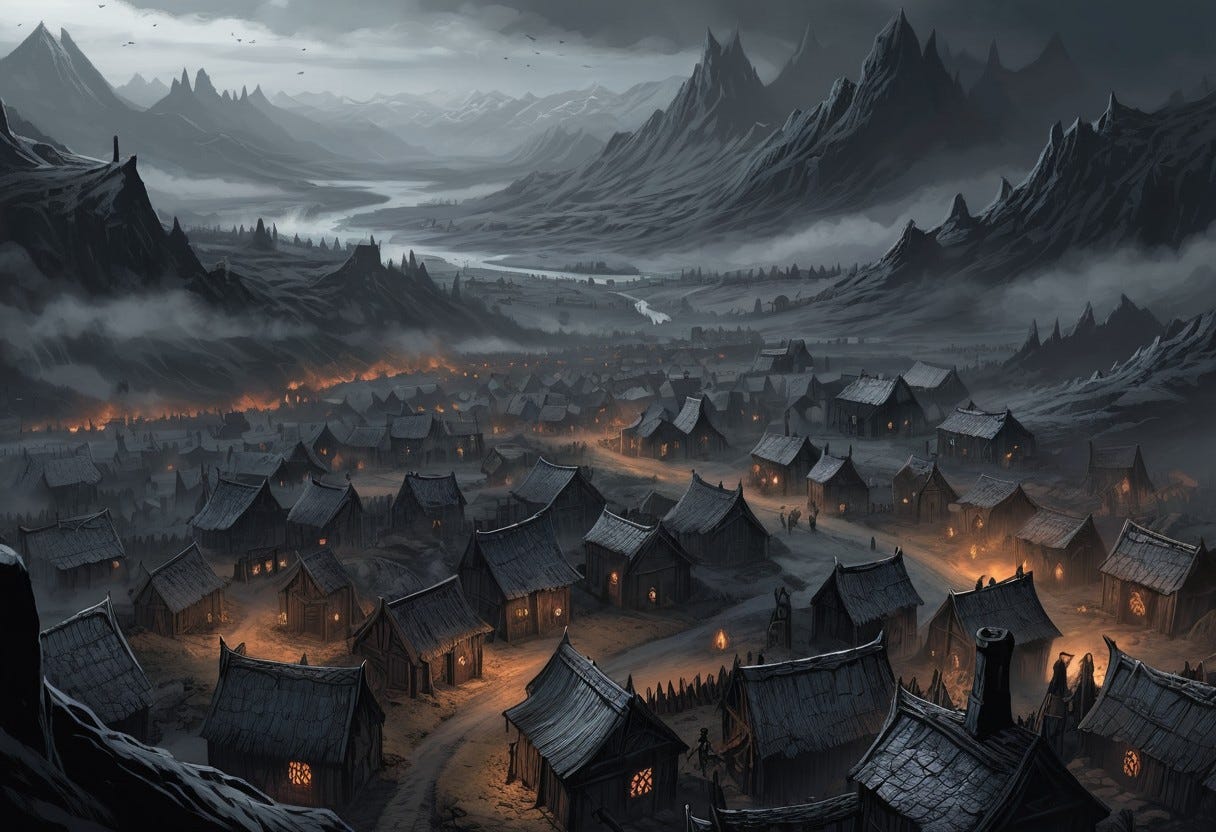

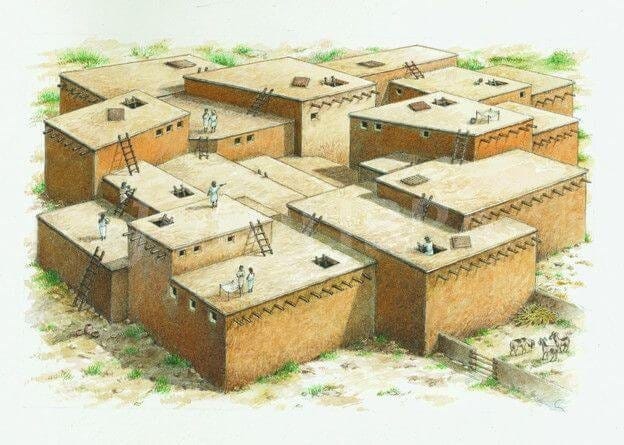
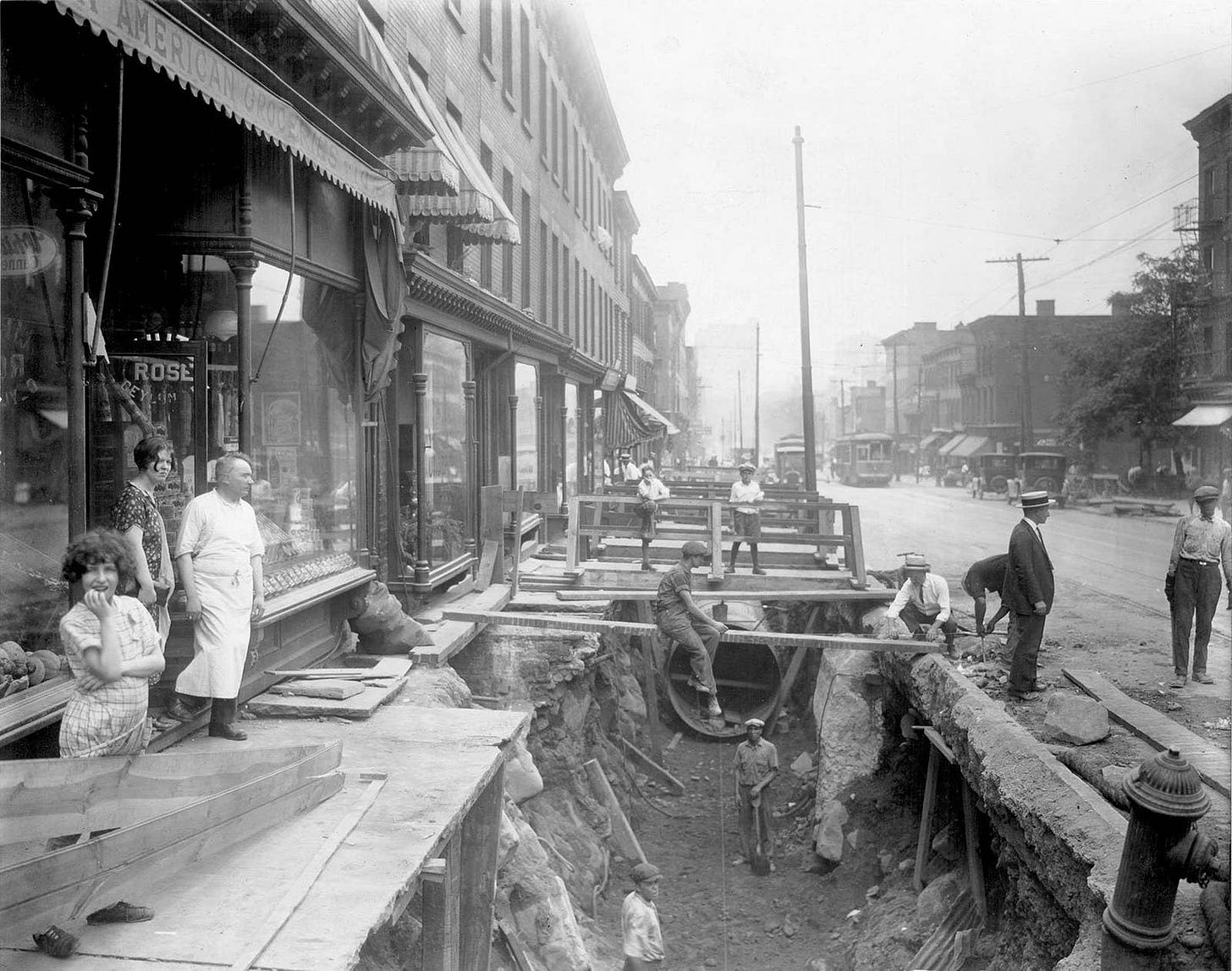


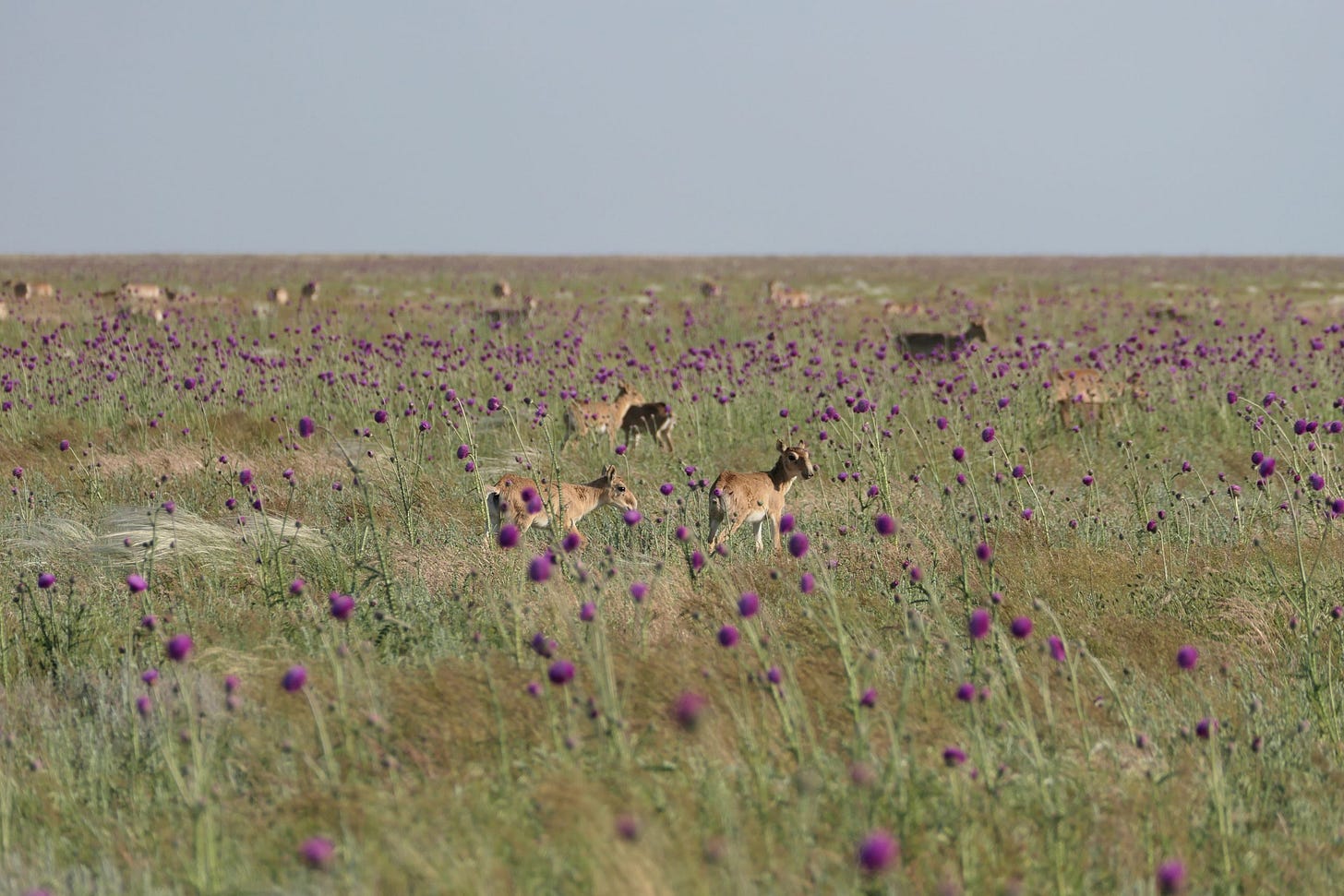
Was not expecting the turns this read took. A good pause in between my LOTR marathon.
Very true, people fear the internet because it is where we become our most particularly human. Grass lawns remind us of the fake mythic construct of what “being human” is.